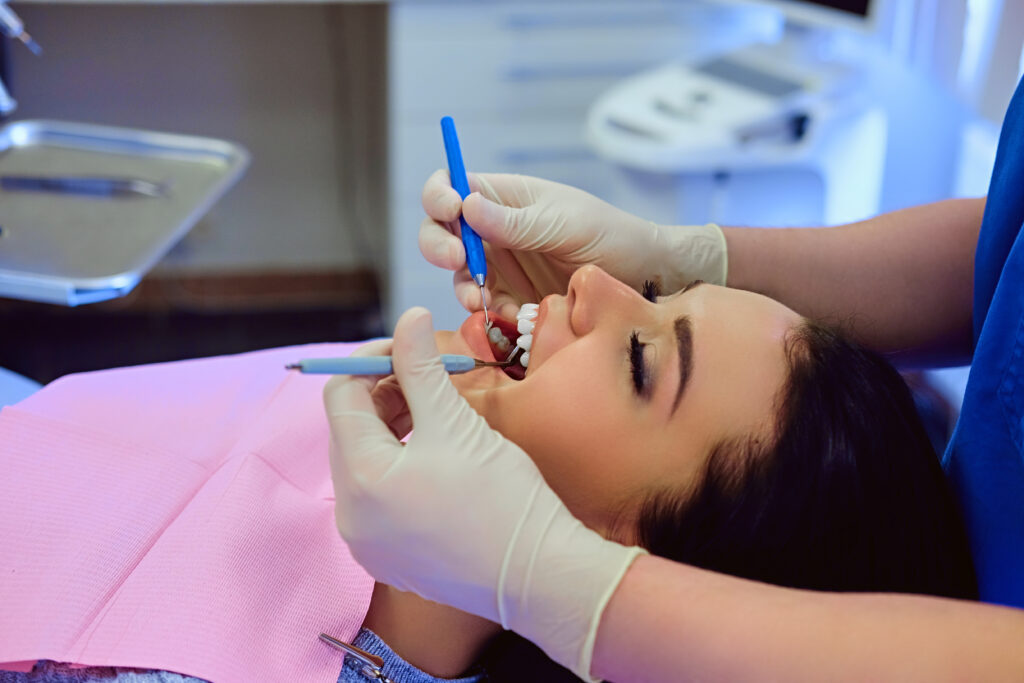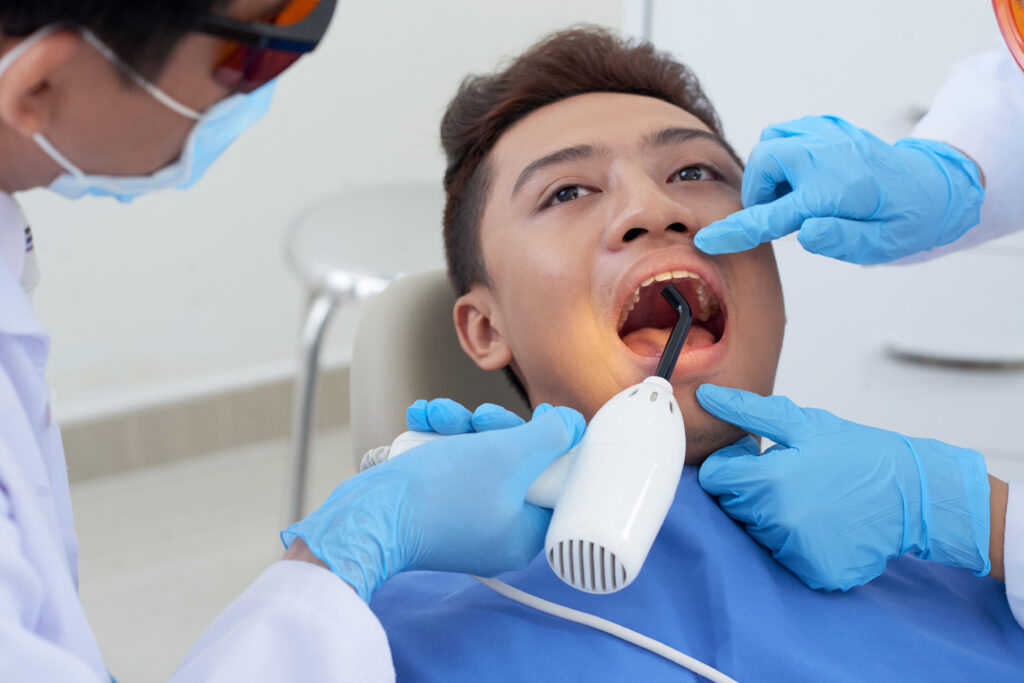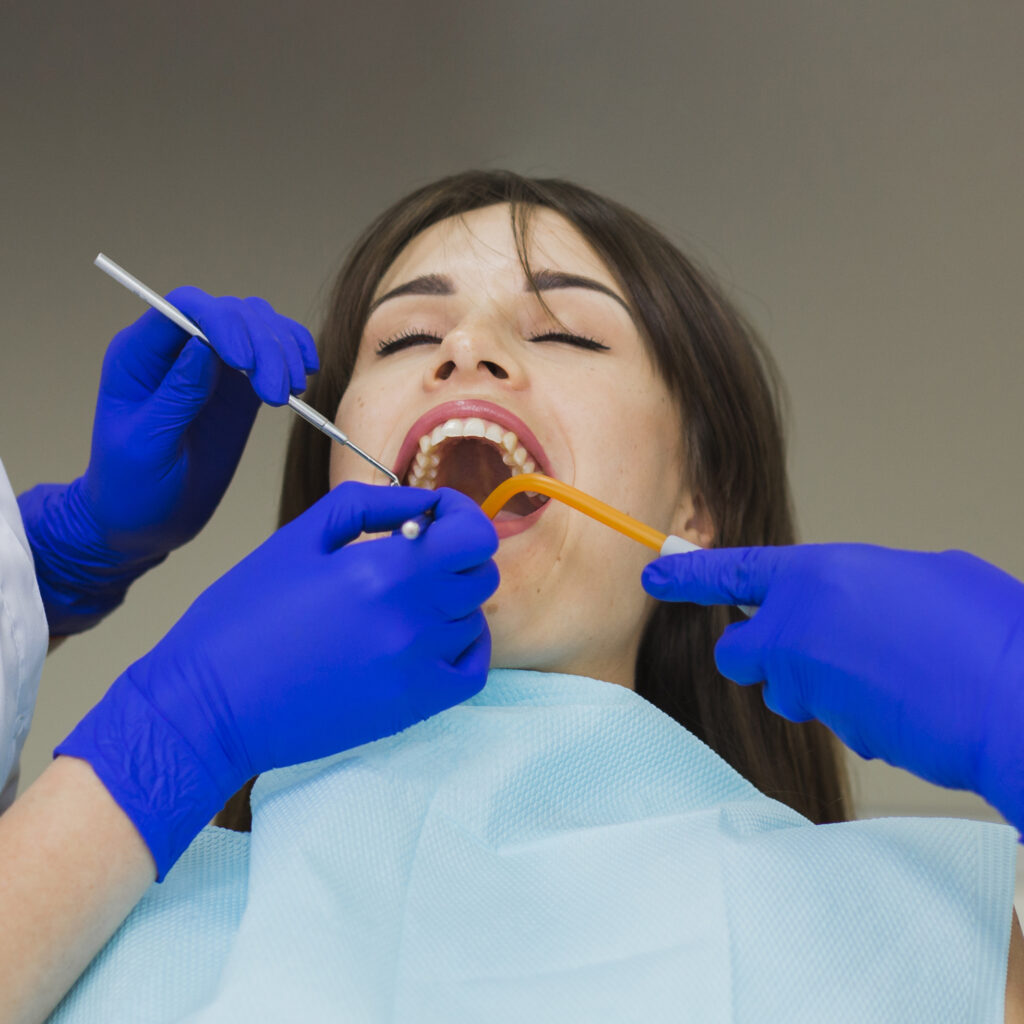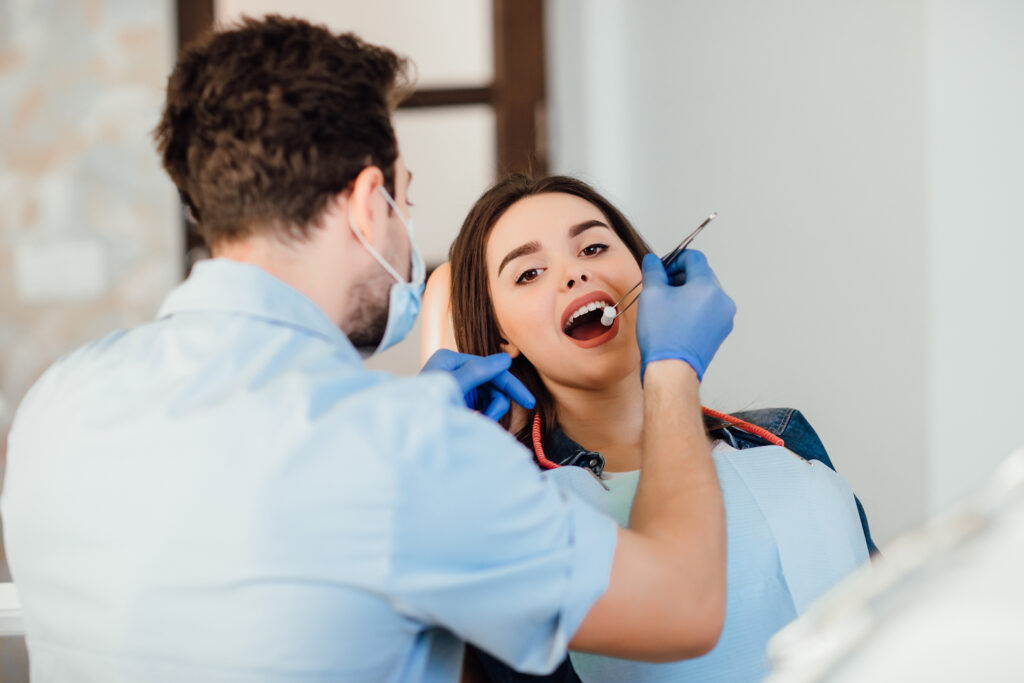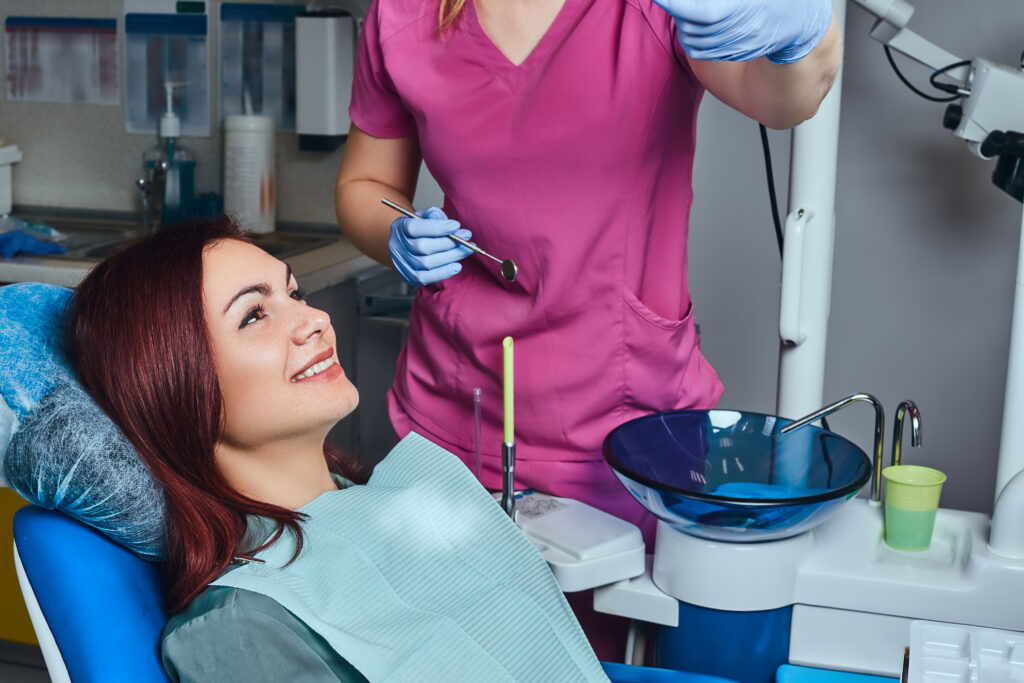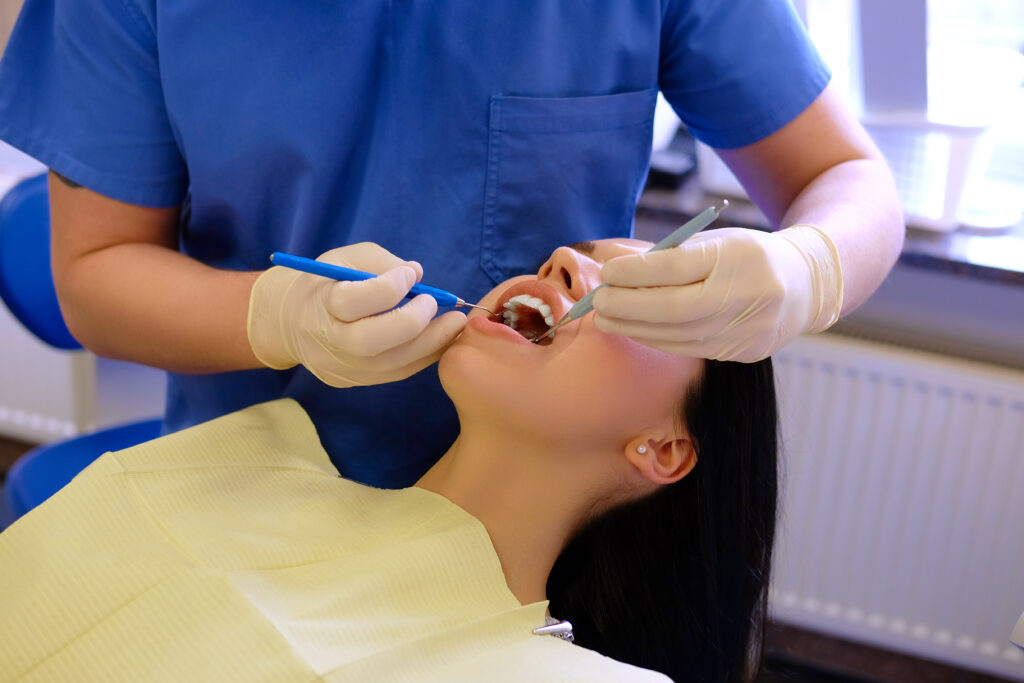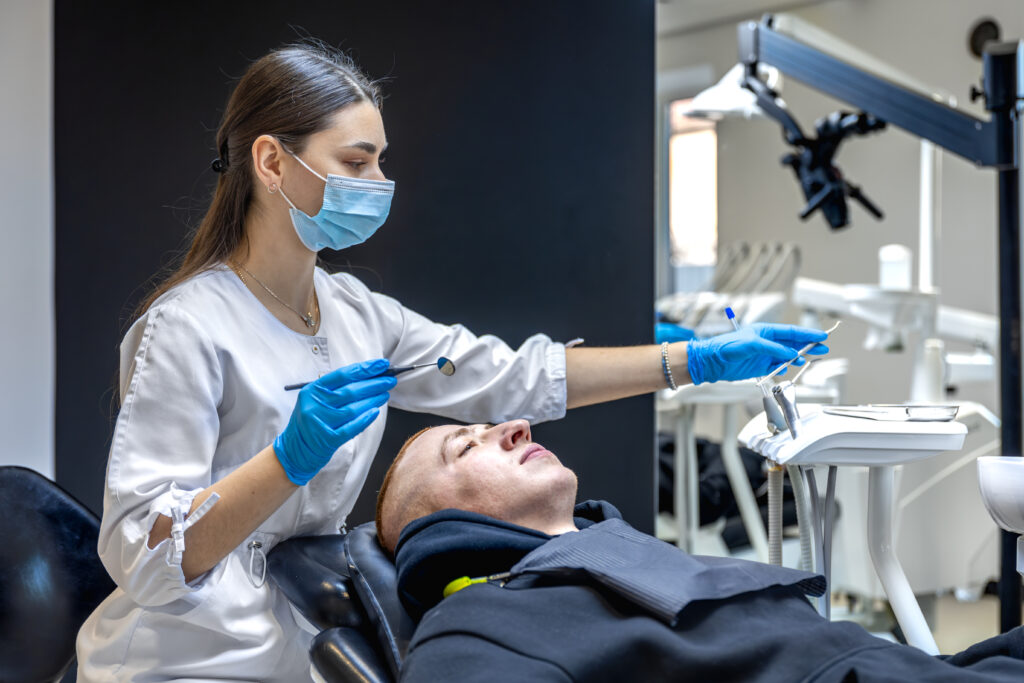Why Fluoride Treatment Is More than Just Cavities Prevention: Health Benefits & Safety for Ventura Families
Key Takeaways Fluoride treatment is a simple, proven way to keep teeth strong for teens, adults, and seniors in Ventura. Many people think dental care is just about preventing cavities, but it does more than that. It helps with tooth sensitivity, protects enamel, and supports long-term oral health. At Clove Dental Ventura, we see every day how this simple step makes a big difference for families in our community. Why Fluoride Still Matters in Ventura Most of us grew up hearing about fluoride in toothpaste and drinking water. Ventura’s water supply does contain fluoride, but here’s what many don’t realize: bottled water and certain home filtration systems reduce or completely remove it. That means a lot of families aren’t actually getting the same protection they think they are. That’s where fluoride treatment in Ventura comes in. It’s a quick boost, given right at the dentist’s office, to make sure teeth are well protected, no matter your water source at home. More Than Just Cavity Control The most common belief about fluoride is that it “fights cavities.” True, but it does more than that: So while parents often think of it as “a kids’ treatment,” the truth is fluoride benefits everyone. What a Visit Looks Like Patients often ask if fluoride treatment takes extra time or involves drilling. The answer is no. It’s simple and painless. After a cleaning, fluoride is applied either as a flavored gel, foam in a tray, or a varnish brushed right onto teeth. The whole process takes just a few minutes. There are no side effects, no downtime, and no discomfort. Teens usually enjoy the flavored options, while adults appreciate that it’s quick and invisible. Why Ventura Families Should Pay Attention Life in Ventura is full of healthy but tooth-challenging habits. Families enjoy fresh fruit from local farms, teens sip juices and sports drinks, and adults love coffee and wine. All of these foods and drinks are acidic, and acid is enamel’s worst enemy. On top of that, Ventura’s active lifestyle, surfing, hiking, soccer, and baseball, means teens and adults stay busy and often snack on the go. Brushing after every snack isn’t realistic. That’s another reason fluoride treatment in Ventura is so valuable. It adds a safety net to everyday routines. Common Concerns We Hear Some patients ask if fluoride is safe. That’s understandable. The answer is yes, it has been studied for decades and recommended by trusted organizations like the American Dental Association and the CDC. The small, professional doses used at dental visits are both safe and effective. Another concern is whether adults “still need it.” Our answer: Many do. We’ve seen college students with energy drink habits, middle-aged patients with gum recession, and seniors with medication-related dry mouth all benefit from fluoride. The need doesn’t stop at childhood. How We Personalize Treatment at Clove Dental Ventura We don’t believe in one-size-fits-all dentistry. At Clove Dental Ventura, we look at each patient’s unique needs. Some children may need fluoride every six months, while a low-risk adult might only need it once a year. Patients with braces or high cavity risk may benefit from it more often. Our goal is to match fluoride treatment to lifestyle, diet, and dental history. That way, every patient gets the right level of protection without overdoing it. A Local Example Not long ago, we treated a Ventura high school athlete who loved sports drinks and rarely drank plain water. He brushed daily but still had early signs of enamel weakening. With fluoride treatment and a few diet adjustments, his teeth stayed strong, and he avoided fillings. Stories like this happen often. It’s a reminder of how powerful prevention can be. Final Word Fluoride treatment in Ventura is safe, simple, and very beneficial. It not only prevents cavities but also strengthens enamel, reduces sensitivity, and protects smiles throughout life. This treatment is important for teens, adults, and seniors. At Clove Dental Ventura, we notice that patients feel healthier and more confident when their teeth are well-protected. Investing in prevention is the best way to maintain oral health, and fluoride is one of the easiest methods to achieve this.

